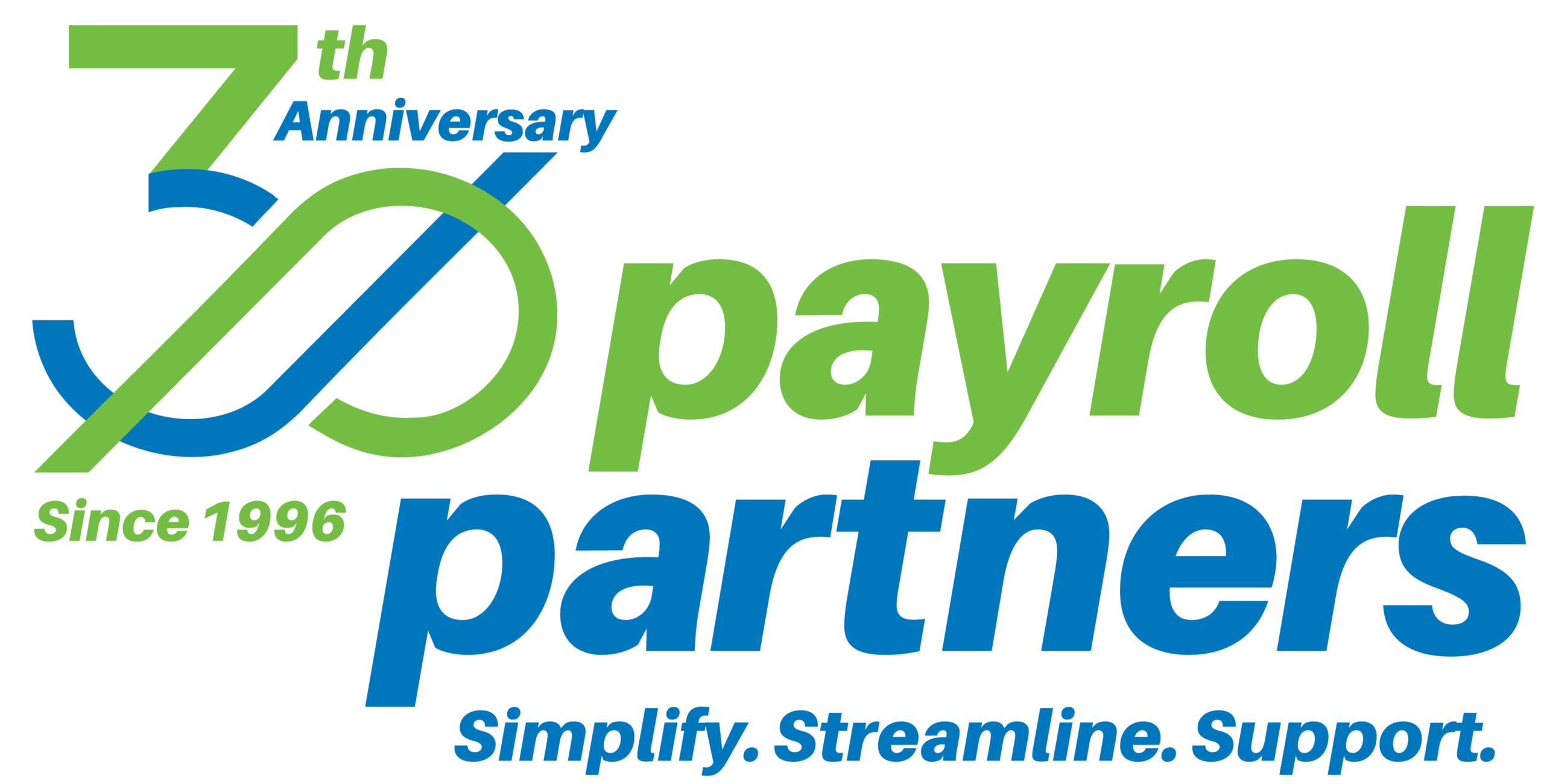A minister who wishes to be exempt from social security/Medicare tax must file a Form 4361 with the IRS for approval. Before your application can be approved, the IRS must verify that you are aware of the grounds for exemption and that you want the exemption on that basis.
When your completed Form 4361 is received, the IRS will mail you a statement that describes the grounds for receiving an exemption under section 1402(e). You must certify that you have read the statement and seek exemption on the grounds listed on the statement. The certification must be made by signing a copy of the statement under penalties of perjury and mailing it to the IRS not later than 90 days after the date the statement was mailed to you.
If it is not mailed by that time, your exemption will not be effective until the date the signed copy is received by the IRS. So it is extremely important to complete this last step, or you will not be exempt. Once the IRS approves it, you will receive a copy marked approved.
The grounds for opting out are not economic or non-religious, but are based on opposition to the acceptance of public insurance with respect to services performed as a minister. It should be noted that the opting out only applies to ministerial earnings. A minister is not being inconsistent in accepting SS or Medicare benefits from non-ministerial earnings.
In order to opt out, the minister must file Form 4361 no later than the due date (with extensions) for the tax return for the second year in which the minister had net ministerial income of $400 or more. The minister must be ordained, licensed, or commissioned by a church or religious denomination.
If not ordained, the earnings are not ministerial earnings and not eligible for the exemption. So an individual may serve for 20 years as an unordained worship minister and cannot opt out. If he then is ordained, he may opt out at that point as his salary from the church becomes ministerial earnings.
The opting out is irrevocable, once out, the minister cannot revoke the election.
The approved Form 4361 is an important document. And the minister should keep a copy. In addition, a copy of the approved form should be provided to any employer from which the minister receives a salary. A copy should also be given to the tax return preparer for his/her records.
If you have lost the form, there are three ways to confirm the exemption:
1. For ministers who filed the Form 4361 after 1988, the minister may order a transcript for any year in which the minister was exempt. Included on this transcript should be an indicator that shows the exemption. This can be obtained by going to www.irs.gov and click on “Get a Tax Transcript.” Normally, the transcript is immediately available.
2. If the transcript is not an option, the minister can contact the Taxpayer Relations Branch at the IRS Service Center where the Form 4361 was filed and request a copy of the form.
3. The last option is to contact the Social Security Administration in Baltimore and ask them to provide confirmation of a minister’s exempt status. That address is:
Social Security Administration
Office of Central Records Operations
Metro West Building
300 North Green St
Baltimore MD 21201
Technically, if a minister cannot produce an approved copy of Form 4361, he or she is no longer exempt. So guard it as if it were cash, it is a valuable asset.
Payroll Partners is committed to helping clients stay informed about payroll, tax and human resource news, developments and current events. This article is intended to provide readers with general information on these matters. The article does not constitute, and should not be treated as professional advice regarding the use of any particular practice. All efforts have been made to assure the accuracy of the information. Payroll Partners does not assume responsibility for any individual’s reliance upon the information provided in the article. Readers should independently verify all information before applying it to a particular fact situation, and should independently determine the impact of any particular practice. If you are seeking payroll, tax and/or human resources advice, you are encouraged to consult a payroll, tax and/or human resources professional.

